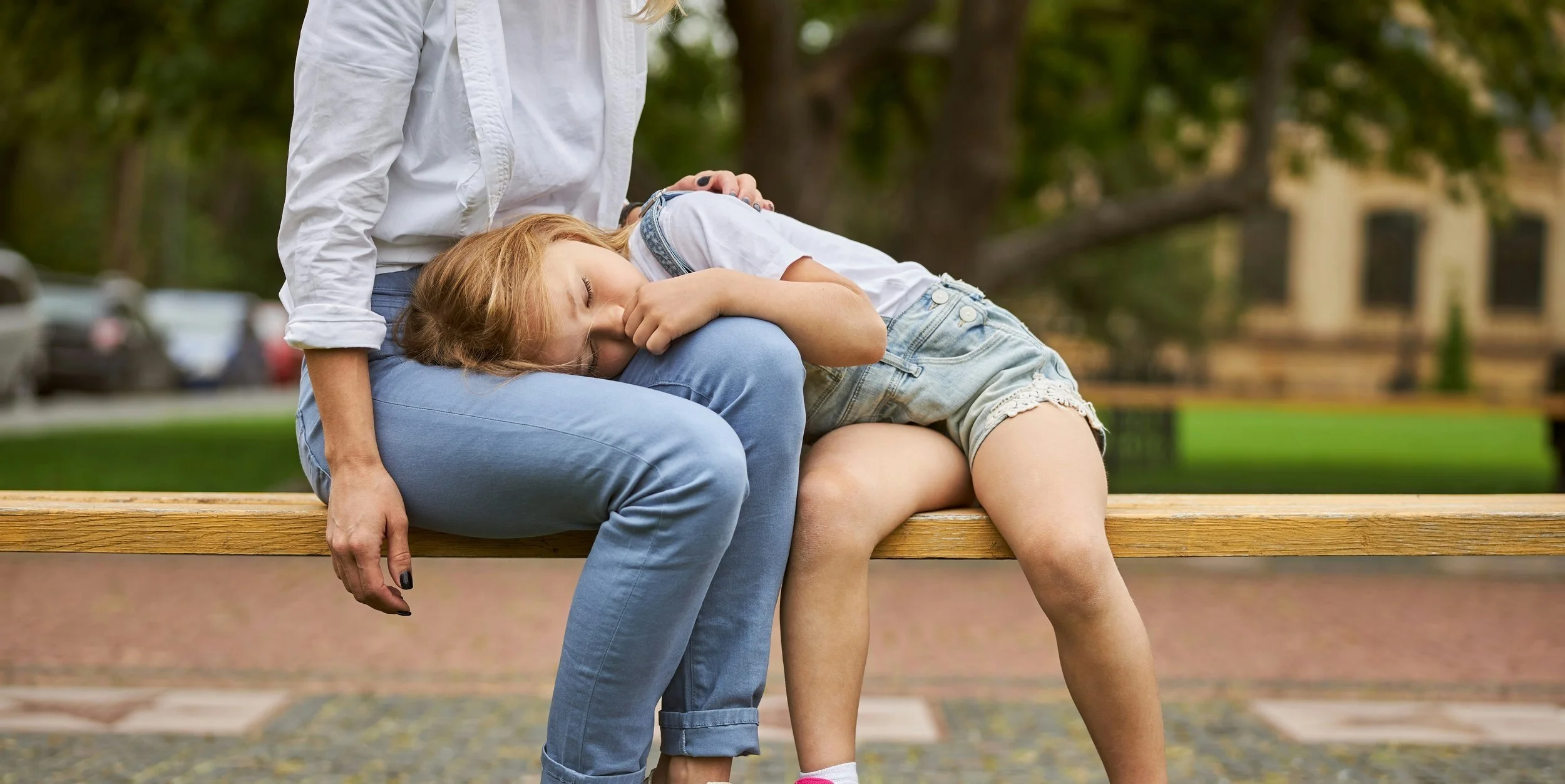
Online In Montana & In-person in missoula
Play therapy for children
When your child is struggling, the whole family feels it.
You know something isn’t right. Maybe your child is more sensitive, emotional, or reactive than other kids. Maybe they’re having meltdowns at home, nightmares, or fears that don’t make sense. Or perhaps they’re the “perfect student” at school but release all their stress at home — on you.
You’ve read the books, scrolled the parenting accounts, tried sticker charts, time-outs, or “think happy thoughts.” Some strategies even made things worse. And while friends and family may say “they’ll grow out of it,” your gut tells you it’s more than just a phase.
You don’t want to overreact. But you also don’t want to miss something important.
This is where play therapy can help.
Why Play Therapy Works
Children don’t always have the words to explain what they’re feeling. Instead, they communicate through play, movement, emotions, and behavior. Play therapy gives children their own language to show us what’s really going on inside.
Through play, children can:
Rehearse overwhelming experiences safely
Express big feelings without shame
Explore fears and anxieties in symbolic ways
Build new templates of safety, trust, and resilience
My Approach: Synergetic Play Therapy®
Play itself is healing — but Synergetic Play Therapy® (SPT) goes deeper.
SPT is rooted in relational neuroscience and the science of nervous system regulation, authenticity of the therapist, and mindfulness. It’s not about “fixing behavior.” It’s about helping children (and their caregivers) understand what’s underneath those behaviors — the nervous system states, emotions, and beliefs driving them.
In our work together, I help children:
Recognize when they’re dysregulated
Notice what’s happening in their body
Practice safe, new ways to come back to balance
Reconnect to their authentic self
In SPT, the therapist isn’t just “watching play.” I attune closely to your child — modeling regulation, bringing presence, and offering a safe relationship where deep transformation can unfold.
My Approach For Online Sessions
Even through a screen, the heart of my work doesn’t change. I use Synergetic Play Therapy®, relational neuroscience, and prenatal/perinatal psychology to attune to your child’s nervous system, read the patterns in their play, and support integration of whatever is showing up. Online sessions can be just as powerful as in-person because it’s not about the toys or the setting — it’s about the relationship. And that relationship remains at the center, wherever we meet.
Grief & Loss in Childhood
Children grieve differently than adults. They may not say “I’m sad,” but instead you might notice:
Aggressive play or acting out
Withdrawal or curling up alone
Caretaking play (making food, tending dolls)
Frequent tummy aches or headaches
Refusal to talk about the loss
Loss can mean the death of a loved one or pet, but it can also mean a move, divorce, or another major change. If grief isn’t expressed and integrated, it can become “stuck,” shaping identity and self-worth.
Play gives children a safe way to process grief when words won’t come. Together, we can help them release what they’re carrying — so sadness becomes integrated rather than hidden.
Why This Matters
Some struggles children face go back further than most realize — even to birth or early life experiences. Stress during pregnancy, traumatic births, medical procedures, or feeling unwanted at conception can all leave imprints that show up later as anxiety, defiance, or meltdowns.
The good news: early experiences can be integrated. Through play, presence, and safe relationships, children can re-pattern those imprints and grow into resilience.
Online Play Therapy
Not in Missoula? Not a problem.
If you’re in Montana and have an internet connection, play therapy can happen right from your home.
You might wonder how online therapy works with children — especially with play. But it’s not like sitting face-to-face on a screen the way adults do. Kids are naturally creative, and telehealth adapts beautifully to that. Sometimes I’m looking at a ceiling or a toy, sometimes we’re outside on a walk. That’s all part of the process.
With a few simple supplies, play therapy online can be just as powerful as in-person:
A tray or baking dish filled with rice, beans, gravel, or sand for sensory play
Natural items like pinecones, sticks, or rocks
Toys, dolls, or stuffed animals your child already loves
Paper, markers, or crayons for art activities
We might use scavenger hunts, storytelling, or imaginative play — even online games — to help your child explore feelings, practice new skills, and process difficult experiences, all from the comfort of home.
Makes therapy accessible if you live in rural Montana
Removes transportation or scheduling barriers
Offers comfort by working in your child’s own environment
Creates continuity of care even when travel or health issues make in-person sessions difficult
Whether you’re in a small town with few resources or simply need the flexibility, online play therapy is a way to get the support your child — and your family — deserves.
Why Online Play Therapy Helps:
Young children thrive when the adults around them are steady and present. Because I see only a limited number of clients, I can offer a regulated, attuned presence — and a safe, sanitized playroom where your child feels supported and understood
A note to Parents
If you’ve found your way here, you’ve probably already tried a lot. You may feel overwhelmed, exhausted, or even like you’re failing.
Please know: you’re not failing. And your child isn’t broken. Their behaviors are communication.
It’s also common to worry that bringing your child to therapy will make them feel “different” or “singled out.” In my experience, the opposite is true. Children love coming to my playroom. They see it as a special place just for them — not something “wrong” with them. Parents often tell me this is the one appointment their child looks forward to every week — “the only thing I don’t have to remind them twice to put their shoes on for.”
Together, we’ll create a space where your child feels safe in their body and connected to themselves and to you. And you’ll begin to feel more confident in how you respond — knowing that you are supporting your child’s growth, healing, and resilience.
Express emotions safely (even the “big scary ones”)
Build awareness of when they’re overwhelmed
Develop healthy coping strategies
Reconnect with caregivers for co-regulation
Heal from stressful or traumatic experiences
Feel more comfortable being fully themselves
What we’ll work on
Therapy can help your child:
Ready to Begin?
Your child has incredible gifts, strengths, & potential.
I’M HERE TO HELP THEM discover that.
FAQS
Common questions about therapy for children
-
Therapeutic play is more than simply playing. But I really understand how confusing it might be to see your child go into a playroom, hear sounds of giggling, laughing - sometimes shrieks - and wonder “how is this helping?”
I want to assure you I track your child’s progress in therapy relative to the goals we set together. I observe their starting points, the challenges they are overcoming, and moments of empowerment I see that emerge as the work deepens.
After each session, I will give you a summary. This may include information of how your child is progressing towards their goals, themes they are working with, how you can better support them at home, their emotional age, and what they are currently working on.
My goal is that you are a part of the process too, even if you aren’t in the playroom with your child. -
Great question. Usually I will message the parents after a 50-min session, and have a parent session every 5th session or so. During these times I will support the parents by offering parenting strategies and skills that will help their child at home with what they are working on. I also can help the parent with any parenting tweaks that might help make family life at home more effective and harmonious.
-
On average, a child is in therapy with me for about 15-16 sessions per issue. If there are layers, or complicated issues, it may take more sessions. Additionally, if the child is younger it could take fewer sessions. If a child comes weekly, or if you choose an intensive, it may save you time and money, than if you spaced your sessions out.
-
I see children individually even as young as toddler unless it makes sense for their grown up to be in the play room too. Those cases may be for repair of attachment ruptures, or if a child has severe separation anxiety and needs time to feel comfortable with a new person. If this is something you are concerned about, contact me, and we can discuss it.
-
I do. However, depending on the situation, I would probably see each child individually first, beginning at the same time, so they aren't acting out any trauma on each other in our joint sessions.
If one sibling was seeing me individually for a while and then you hoped another to see me later, we would need to discuss this with the first due to me being "theirs." If this is a problem I can help find another suitable therapist for your other child. Please contact me to discuss this if you have questions. -
Yes. I love seeing parents of children I see! The only times I would not do this is if the child doesn't feel comfortable having their parent see the same therapist. This generally happens when the child is older, 9+. I also wouldn’t see both parents individually.
If I am seeing you as a family, I will not see any of you individually but I can help you find a therapist of your own. -
I work with toddlers and young children. You can decide if your child fits into that description.
However, I am trained to work with infants,with their parents, and I do enjoy older kids and teens as well, and have successfully worked with 10-18 year olds! -
It is, at every age. I specialize in adoption, and actually did my first Masters thesis on preventing adoption trauma.
I would be honored to support your family in this way. -
I do. I am neuro-affirming and love to work with ADHD kids, autistic kids, PDA kids, or any other type of neurodivergence.
I am ADHD/autistic myself.
I do not support ABA.








